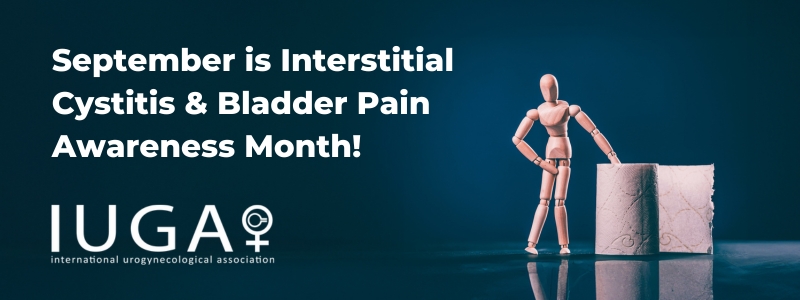
September is dedicated to raising awareness about Interstitial Cystitis (IC) and bladder pain, conditions that affect the lives of millions of people worldwide. Interstitial Cystitis, also known as bladder pain syndrome, is a chronic condition causing bladder pressure, bladder pain, and sometimes pelvic pain. Understanding and supporting those who suffer from these conditions is crucial in providing relief and improving their quality of life.
Understanding Interstitial Cystitis (IC) and Bladder Pain
IC is not just a simple bladder infection. It is a chronic condition with symptoms that can vary from person to person. Common symptoms include:
- Persistent Bladder Pain: A constant, aching pain or discomfort in the bladder and pelvic region.
- Frequent Urination: The need to urinate more often than usual, sometimes as often as 40-60 times a day.
- Urgency: A sudden, strong need to urinate immediately.
- Pain During Intercourse: Discomfort or pain during sexual activity.
While the exact cause of IC is unknown, it’s believed to involve a combination of factors, including a defect in the bladder lining, an autoimmune response, or an allergy.
5 Essential Tips for Managing Interstitial Cystitis:
Living with IC can be challenging, but there are several ways to manage symptoms and improve your quality of life. Here are five basic tips to help those affected by IC:
- Dietary Adjustments: Certain foods and drinks can trigger IC symptoms. Common culprits include caffeine, alcohol, spicy foods, citrus fruits, and artificial sweeteners. Keeping a food diary can help identify and avoid triggers.
- Stay Hydrated: Drinking plenty of water can help dilute urine and reduce irritation in the bladder. However, it’s essential to avoid overhydration, which can increase the frequency of urination.
- Pelvic Floor Exercises: Strengthening the pelvic floor muscles through exercises like Kegels can provide better bladder support and control. Consult with a healthcare provider or physical therapist specializing in pelvic health for guidance.
- Stress Management: Stress can exacerbate IC symptoms. Techniques such as mindfulness, yoga, meditation, and gentle exercise can help manage stress levels.
- Seek Support: Joining a support group or connecting with others who have IC can provide emotional support and practical advice. Sharing experiences and coping strategies can make a significant difference.
Spreading Awareness
Awareness and education are key to supporting those with Interstitial Cystitis (IC) and bladder pain. By learning about these conditions and advocating for better research, treatment options, and support systems, we can make a positive impact on the lives of those affected.
This September, let’s take the time to educate ourselves and others about Interstitial Cystitis and bladder pain. Together, we can support those in need and work towards better understanding and treatment of these chronic conditions.
Want to Know More About Your Pelvic Floor Health?
Visit YourPelvicFloor.org for all the information you need! This dedicated website offers a wide selection of health topics, publications, patient leaflets, personal stories, events, and other resources, all available for free in 25+ languages. Both patients and practitioners have reviewed the information to ensure it’s accurate and easy to understand.



